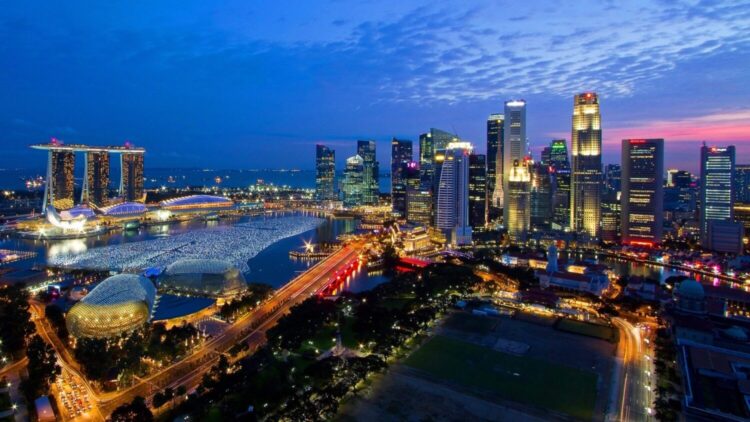As we move closer to 2025, many investors and homeowners are looking at how the real estate scene in Singapore will evolve. With a mix of economic trends, urban development, and government policies shaping the market, the upcoming year is expected to bring several changes.
For both buyers and sellers, understanding key factors will be critical for making informed decisions.
Key Points:
- Economic stability will continue to influence real estate demand.
- Foreign investment remains a crucial driver of property prices.
- Government policies will shape future housing projects.
- Sustainability and eco-friendly projects will gain popularity.
- Urban development will focus on creating smart and green cities.
Economic Stability and its Influence
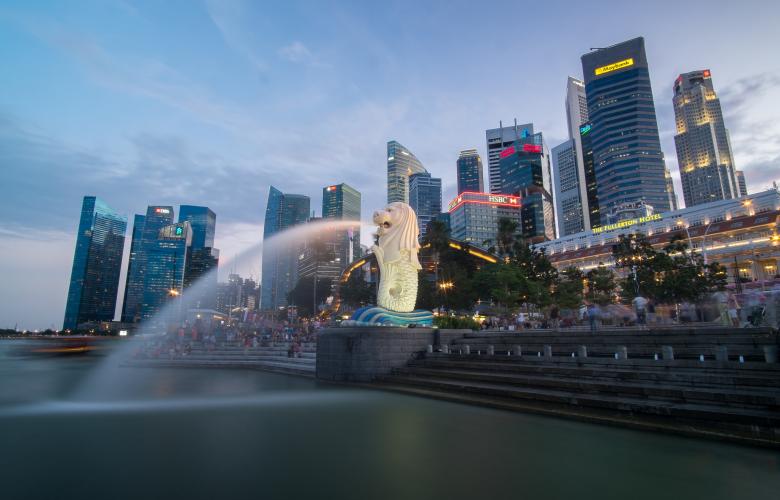
Singapore’s economy plays a significant role in shaping its property prices. Stable growth often leads to an increase in demand, as investors prefer to put their money in stable economies. Any fluctuations, on the other hand, may cause property prices to stagnate or decline. By 2025, experts expect moderate growth, which will likely support steady demand in both the residential and commercial sectors.
Foreign Investment in Property
Foreign investment will continue to drive the value of residential and commercial properties. In recent years, buyers from countries like China and India have invested heavily in the city. This demand has significantly influenced the prices of high-end properties. Foreign buyers often see Singapore as a safe place for investment due to its legal transparency, political stability, and solid infrastructure. Any changes in regulations or global market trends could impact foreign demand, potentially affecting property prices.
A significant development that has caught the attention of foreign investors is the upcoming Nava Grove. Situated in a prime location, Nava Grove developers have a strong reputation for delivering premium residential projects.
Government Policies Shaping the Real Estate Scene
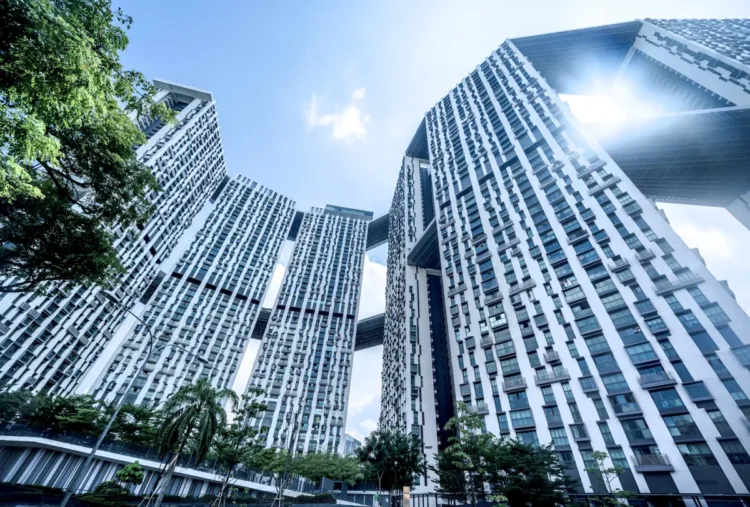
Cooling measures introduced in recent years have successfully managed to curb the rapid rise in housing prices. These policies aim to make housing more affordable for locals, especially young families and first-time homebuyers. In 2025, it is expected that such policies will continue to ensure that the market remains balanced.
Sustainability and Eco-Friendly Developments
Eco-friendly designs and energy-efficient systems will become more prominent in residential projects. Developers are focusing on using renewable materials and creating homes that lower energy consumption.
The government’s push for sustainability aligns with global efforts to reduce the carbon footprint. By 2025, projects incorporating green features will be in high demand, and buyers will increasingly look for homes that promote environmental consciousness.
Urban Development and Smart Cities
Singapore’s urban planning has always been forward-thinking. The government aims to develop smart cities that incorporate digital technology for efficient resource management. These cities will offer advanced public transportation, high-speed internet, and energy-efficient buildings.
As a result, smart homes and integrated communities will become more common in new projects. The next few years will likely see a focus on transforming areas into tech-driven hubs that provide both convenience and a high quality of life.
Impact of Interest Rates on Property Prices
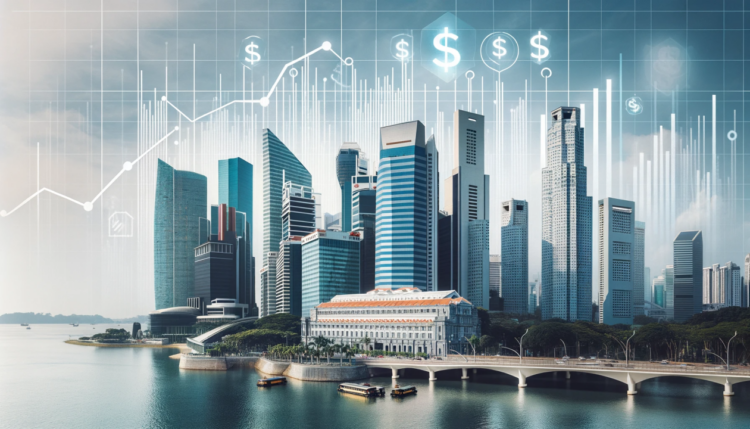
Low rates often encourage borrowing, leading to increased demand. On the flip side, rising interest rates can dampen buyer enthusiasm, especially for those looking at long-term financing options.
By 2025, if global economic conditions remain stable, interest rates may stay relatively low, allowing for continued demand in the residential sector.
Population Growth and Housing Demand
Population growth remains a key factor that shapes the real estate landscape. An increasing population drives demand for new homes, especially in densely populated urban areas. Singapore’s efforts to attract top talent through immigration policies will also influence housing needs.
Areas that offer a mix of affordability and quality amenities will see an increase in demand, as both locals and expats look for well-planned neighborhoods.
Growing Appeal of Suburban Areas
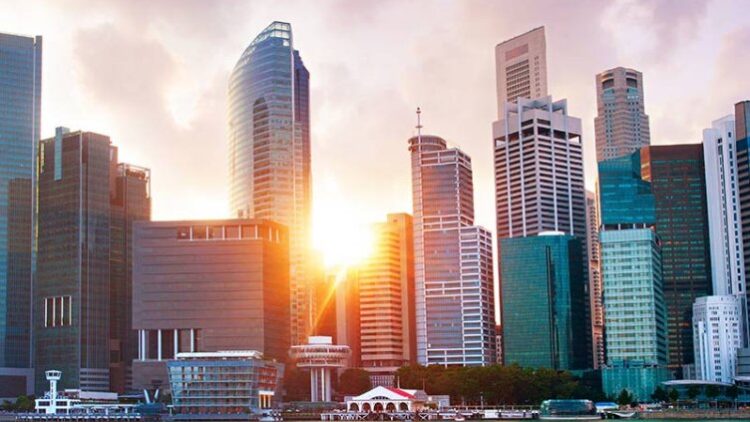
Suburban areas will likely gain popularity as buyers search for more space and quieter environments. With remote work becoming more common, people are less bound by proximity to the central business district. Developers are responding to this shift by creating well-planned communities that provide access to essential services and amenities. As a result, suburban developments will see strong interest, especially from families.
Conclusion
The real estate market in Singapore will continue to evolve in 2025, shaped by economic trends, foreign investments, government policies, and property taxes. As urban areas develop and new technologies are integrated, both residential and commercial properties will offer unique opportunities for investors. Sustainable designs, smart cities, and growing suburban areas will remain key trends to watch in the coming year. Property taxes, alongside other regulatory measures, will play a significant role in influencing investment strategies and shaping the real estate landscape.
